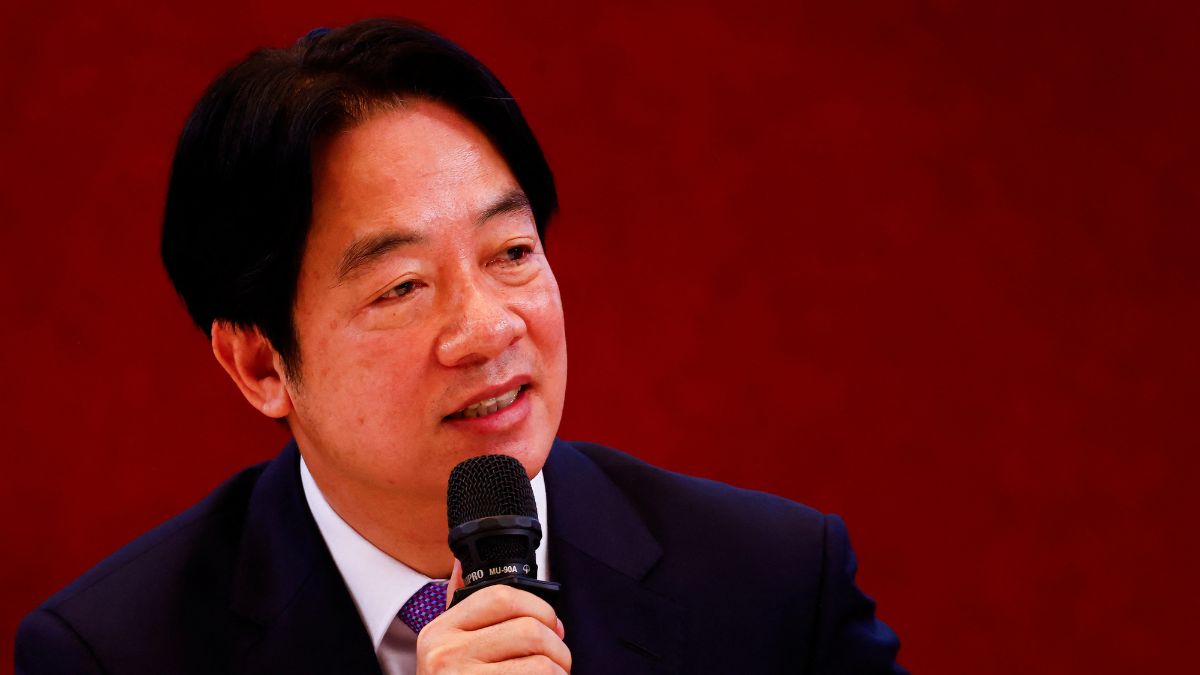In a move that may sharpen cross-strait frictions with China, President Lai Ching-te has thrown his weight behind a rare and sweeping recall vote that could see up to 31 opposition lawmakers unseated, more than a quarter of Taiwan’s parliament.
The vote, scheduled in two phases on July 26 and August 23 has been framed by its backers as a grassroots effort to defend Taiwan’s democracy. However, the Kuomintang (KMT) opposition party has accused Lai and his ruling Democratic Progressive Party (DPP) of orchestrating a politically motivated campaign to weakening rivals and tightening control over the legislature.
The DPP lost its legislative majority in January 2024 elections despite winning the presidency for a third straight term. Since then, the opposition led by the China-friendly KMT and its ally, the Taiwan People’s Party has pushed legislation that many DPP supporters view as curbing Lai’s powers.
Amid growing tensions, civil groups launched recall drives against several KMT legislators earlier this year, accusing them of compromising national security and aligning too closely with Beijing. Though initially distant, the DPP has increasingly embraced these campaigns with lawmakers and party officials now openly supporting recall efforts. Lai recently declared that his party “must stand with the power of the people.”
The KMT, however, has called the recalls a “malicious” attempt to reverse the parliamentary outcome and accused the DPP of staging a “fake civil movement.” It says its outreach to China is crucial, given that Beijing has cut off official contact with the Lai administration, branding it separatist.
Impact Shorts
More ShortsKMT lawmakers, who regularly visit China, say their engagement is intended to protect Taiwan’s economic interests and ensure open communication amid rising regional tensions. But civil society groups backing the recalls have characterised the movement as “anti-communist,” accusing KMT politicians of working against Taiwan’s sovereignty by undermining defence spending and parliamentary order.
The stakes are high. If the recalls succeed, Lai’s party could regain a foothold in parliament—potentially clearing the way for expanded military funding and closer alignment with the United States. But such a shift could also inflame China, which has escalated its military and diplomatic pressure on Taiwan in recent years and rejected repeated offers of dialogue from Lai.
China’s state-run media has painted the recall drive as a DPP power grab, frequently referring to it as a “green terror” or move toward “dictatorship”—terms echoed by the KMT. According to Taiwan’s IORG research group, Chinese state media and affiliated accounts published more than 400 pieces on the recall between January and June 2025.
Taiwan’s Mainland Affairs Council has condemned what it calls clear efforts by the Chinese Communist Party to interfere in the island’s democratic processes. “Recall in Taiwan is a civil right,” it said, “and it is up to the people of Taiwan to decide who should or should not be removed from office.”
DPP leaders have pointed to the alignment between Beijing’s rhetoric and the KMT’s statements as further evidence of Chinese interference. “China is really concerned that the mass recall will succeed and gain public support,” said DPP legislative caucus secretary general Wu Szu-yao.
KMT officials continue to deny pro-Beijing accusations. “We’ve always stressed that we are pro-communication, not pro-China,” said Tony Lin, chair of the KMT’s Culture and Communication Committee. The party maintains that the recall push is less about democracy and more about Lai’s alleged incompetence and attempts to centralise power.
As the recall vote nears, it has become a proxy battle not only for legislative control but also for Taiwan’s long-running contest between those favouring closer ties with China and those advocating a more assertive defence of the island’s sovereignty.
With inputs from agencies


)

)
)
)
)
)
)
)
)



